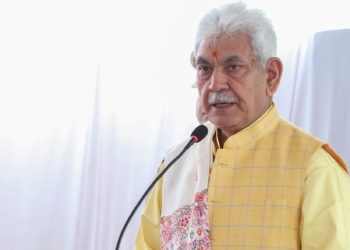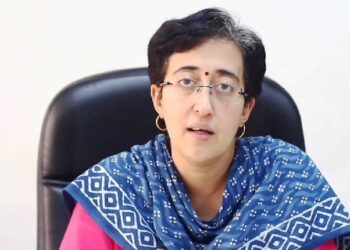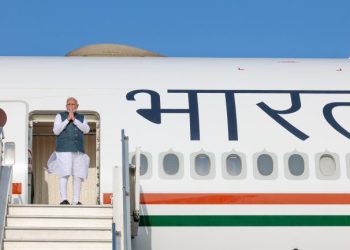New Delhi: The Supreme Court on Monday said the material provided by the Centre does not warrant the conclusion that restricted emergency use approvals were granted to Covishield and Covaxin in haste, without thorough review of relevant data.
A bench of Justices L. Nageswara Rao and B.R. Gavai said the information provided by the Centre substantiates that the data provided by the vaccine manufacturers was considered by the Subject Expert Committee (SEC) over a period of time and several conditions were imposed at the time of recommending approvals.
The bench added that these conditions have been modified or lifted subsequently on availability of further data arising from the clinical trials before the SEC, as can be seen from the minutes of the meetings of the SEC, available on the website of the Ministry of Health and Family Welfare.
The bench said: “The material provided by the Union of India, comprising minutes of the meetings of the SEC, do not warrant the conclusion that restricted emergency use approvals had been granted to Covishield and Covaxin in haste, without thorough review of the relevant data.”
It noted that relevant information relating to the meetings of the SEC and the National Technical Advisory Group on Immunisation (NTAGI) are available in public domain and therefore, challenge to the procedures adopted by the expert bodies while granting regulatory approval to the vaccines on the ground of lack of transparency cannot be entertained.
The bench took into consideration material filed reflecting the near-unanimous views of experts on the benefits of vaccination in addressing severe disease from the infection, reduction in oxygen requirement, hospital and ICU admissions, mortality and stopping new variants from emerging.
“This court is satisfied that the current vaccination policy of the Union of India is informed by relevant considerations and cannot be said to be unreasonable or manifestly arbitrary,” it added.
The bench declined to accept submissions made by advocate Prashant Bhushan, representing the petitioner, that emergency approvals to the vaccines were given in haste, without properly reviewing the data from clinical trials. It said it is of opinion that the Parliamentary Standing Committee report relied upon by Bhushan is not relevant and the lapses pointed out in pertain to the year 2011, which have no obvious connection to the grant of approval to Covishield and Covaxin, for the restricted emergency use.
“As long as the relevant information relating to the minutes of the meetings of the regulatory bodies and the key outcomes and findings of the trials are available in public domain, the petitioner cannot contend that every minute detail relating to clinical trials be placed in public domain to enable an individual to take an informed, conscious decision to be vaccinated or not,” it said.
“However, we reiterate that subject to the protection of privacy of individual subjects, with respect to ongoing clinical trials and trials that may be conducted subsequently for Covid-19 vaccines, all relevant data required to be published under the extant statutory regime must be made available to the public without undue delay.”
The top court verdict came on a plea filed by Dr Jacob Puliyel, a former member of the NTAGI, challenging vaccine mandates issued by various state governments, raised apprehension on children vaccination, and raised non-disclosure of segregated clinical trial data in public domain as well, improper collecting and reporting of adverse effects of Covid vaccines.
(IANS)


















